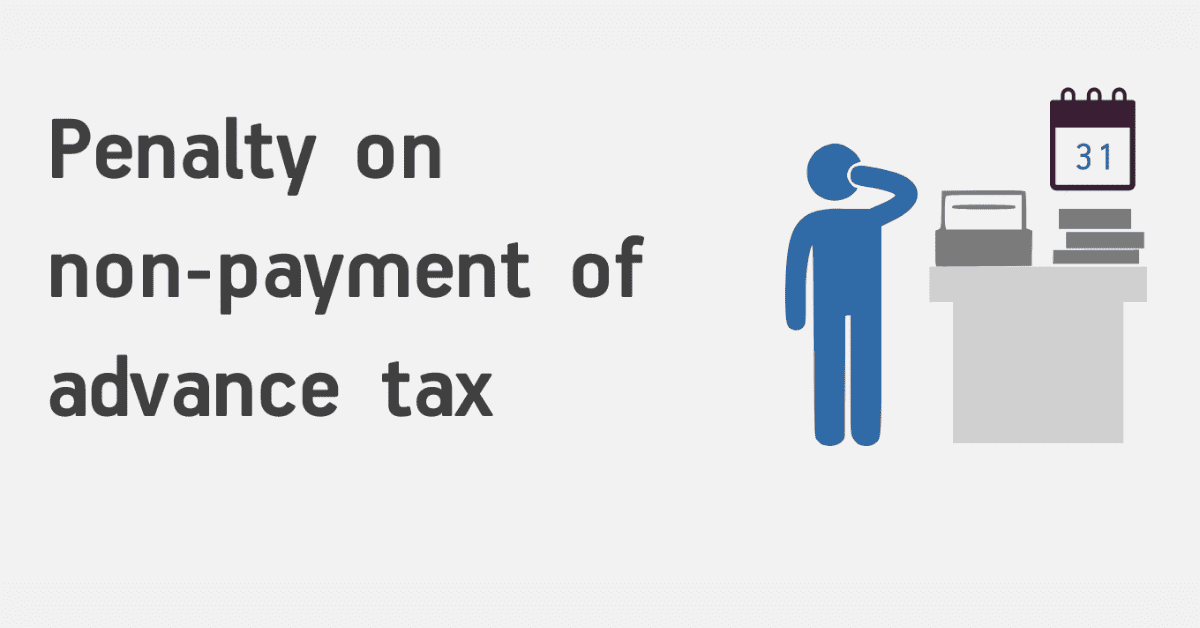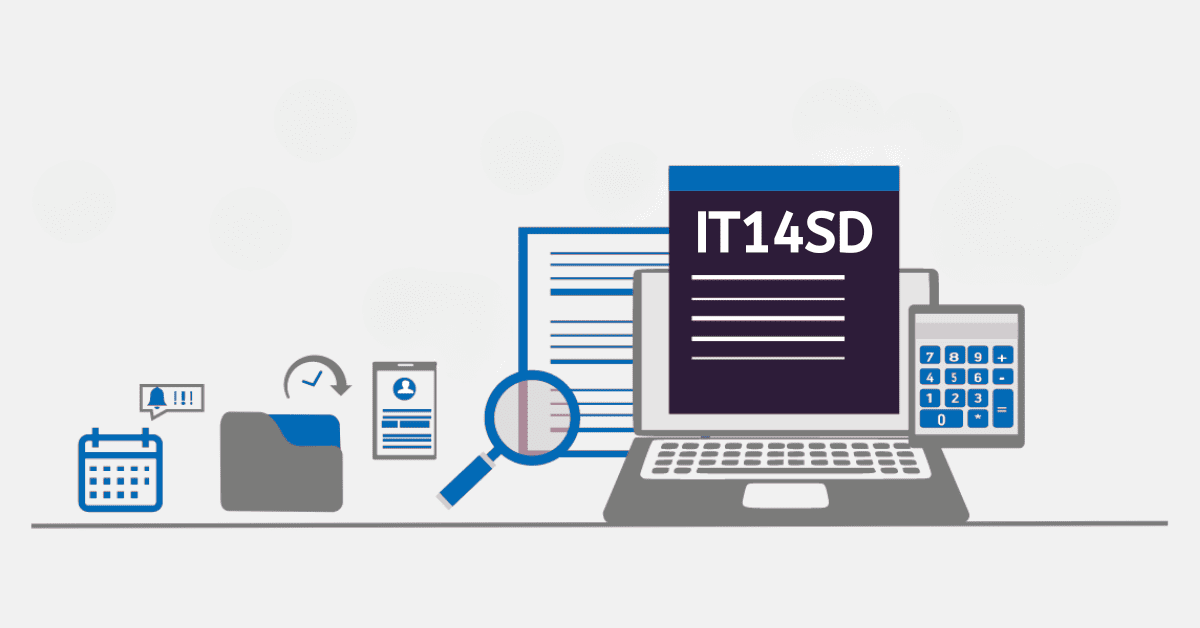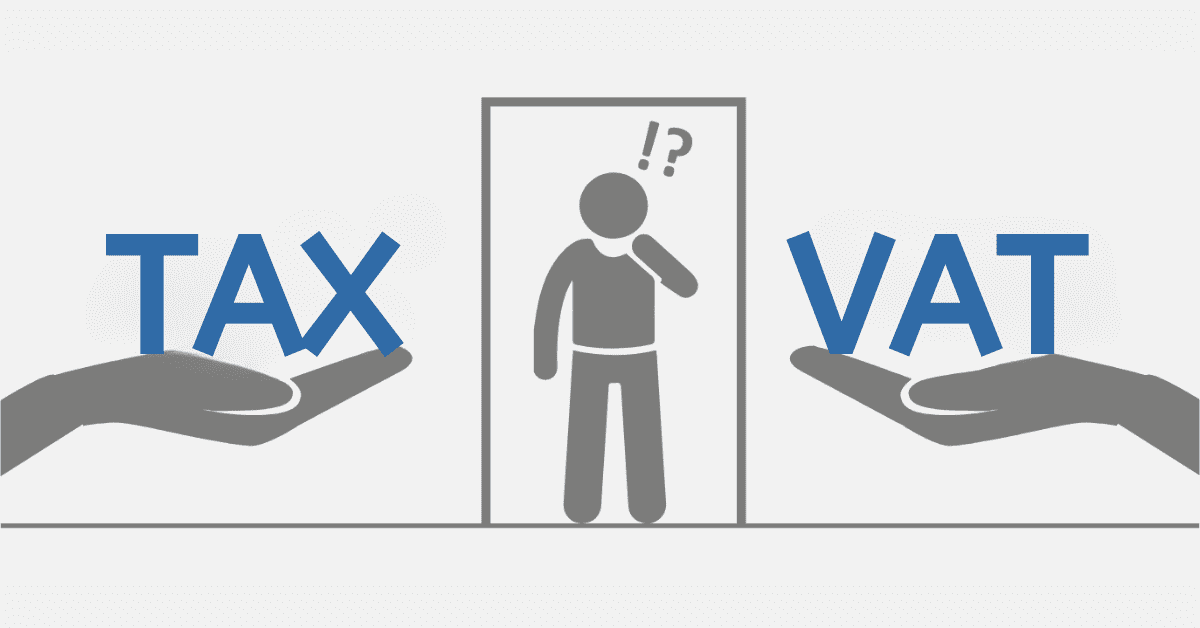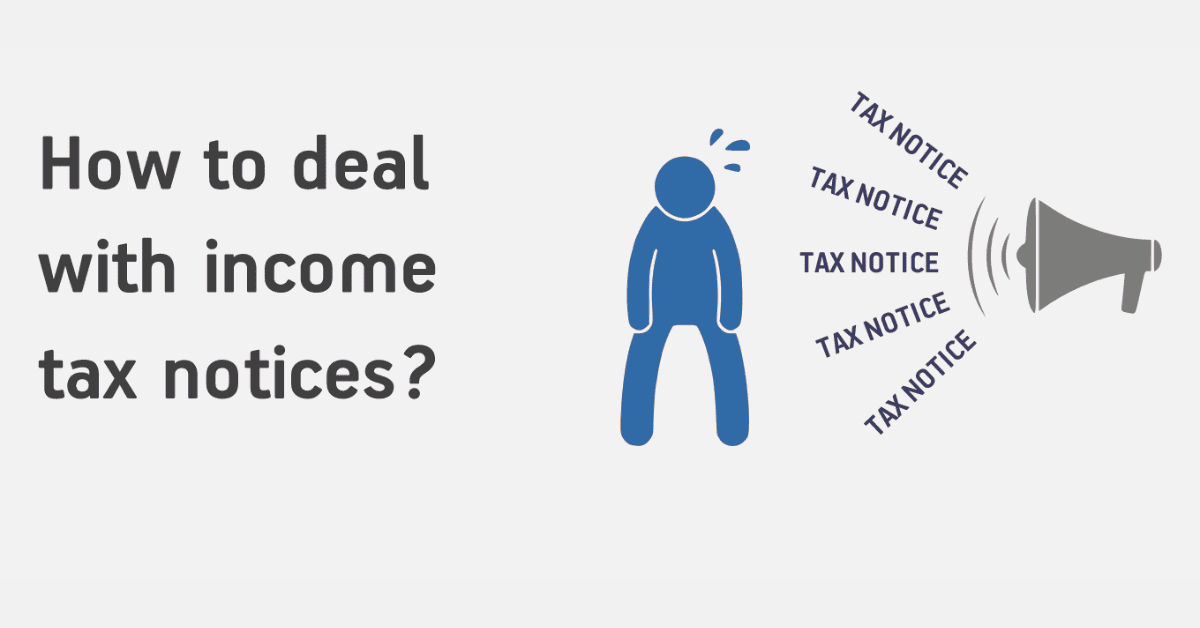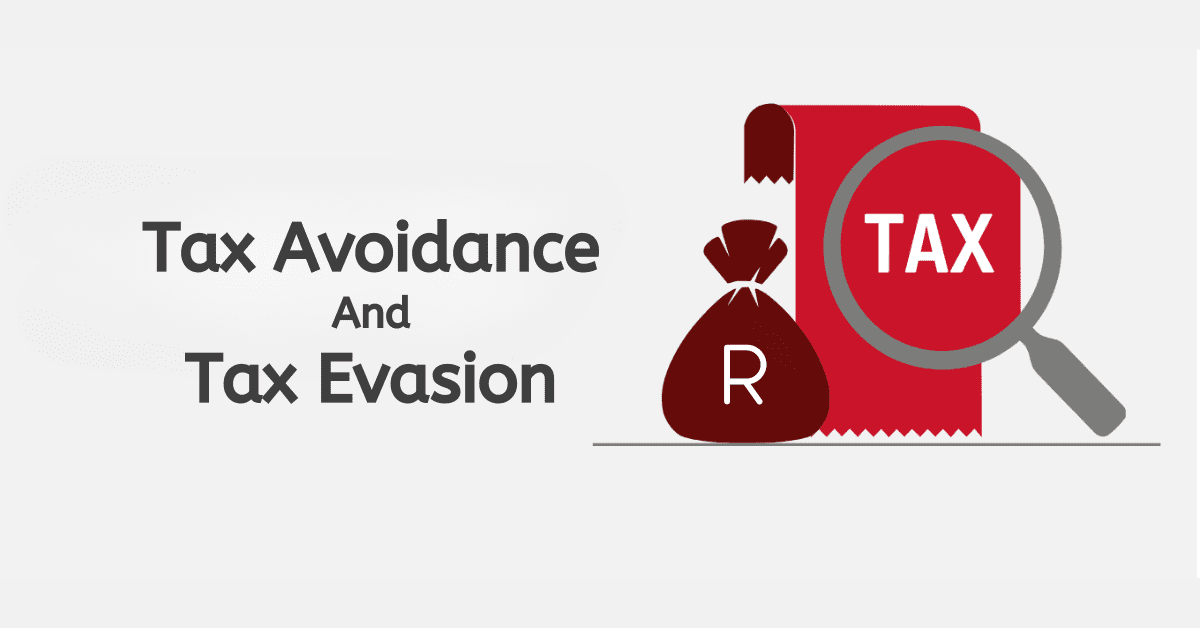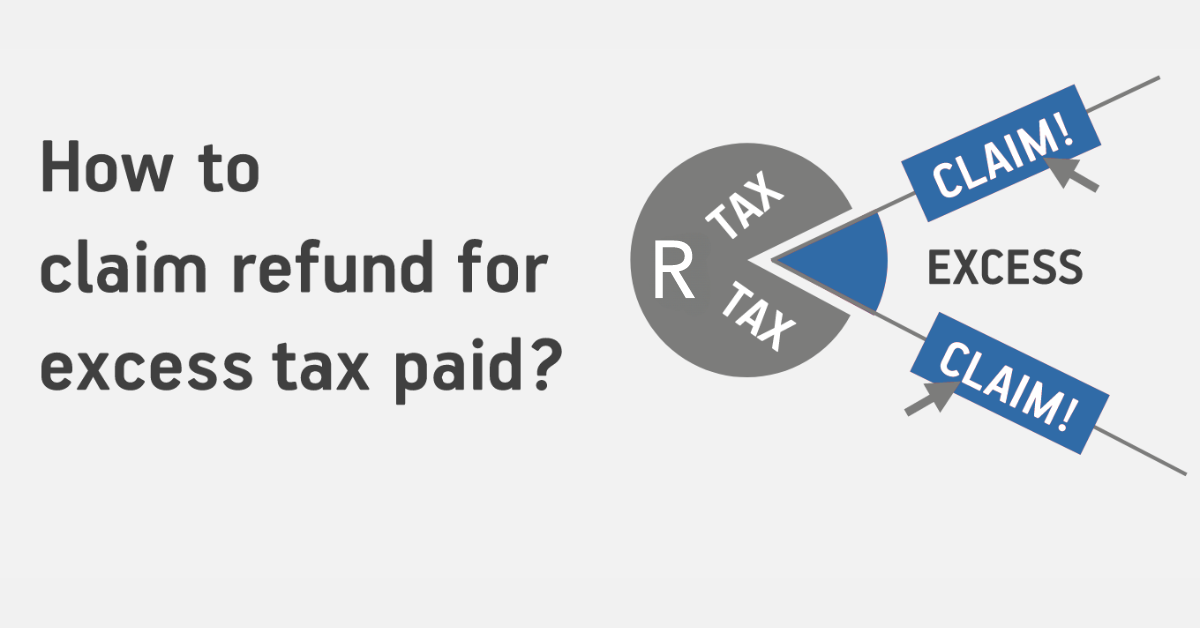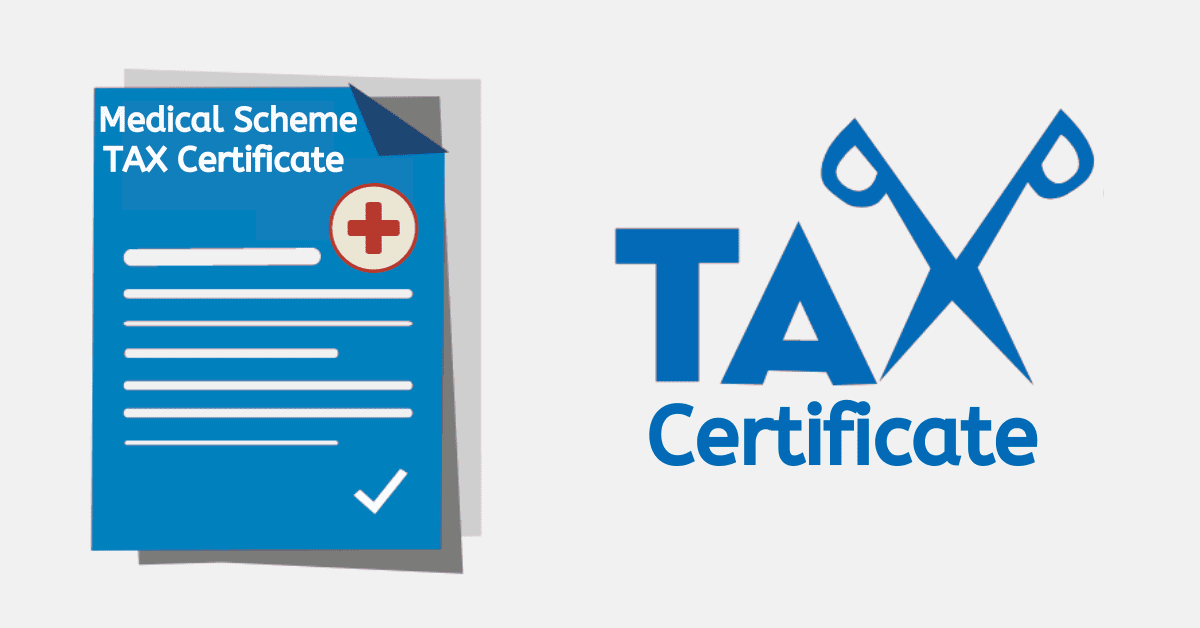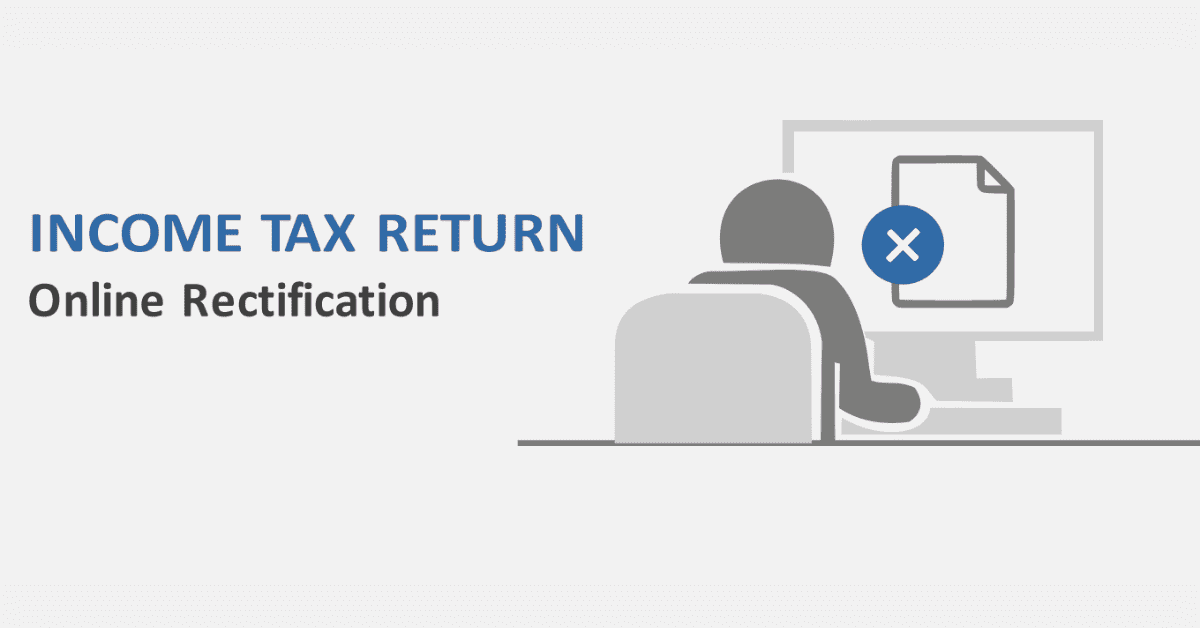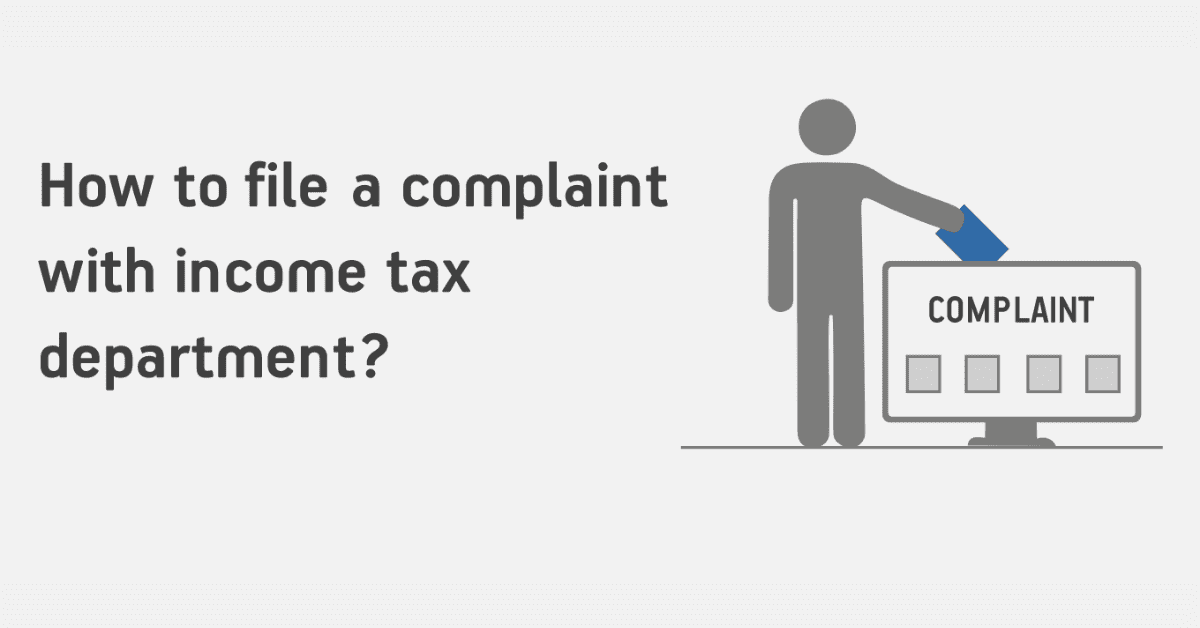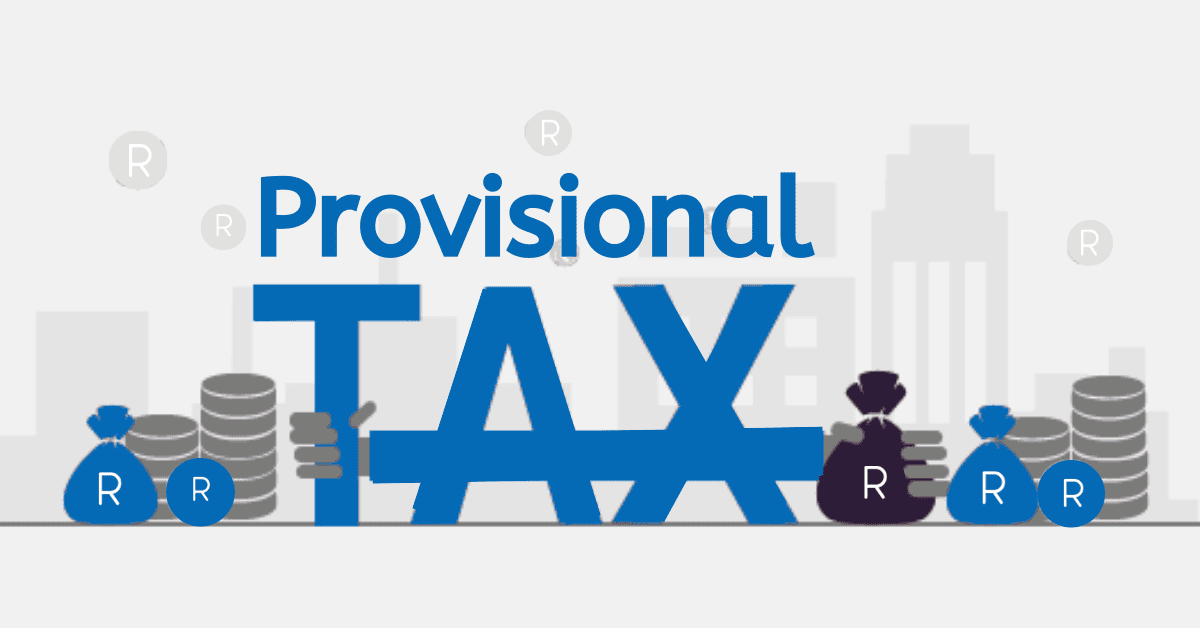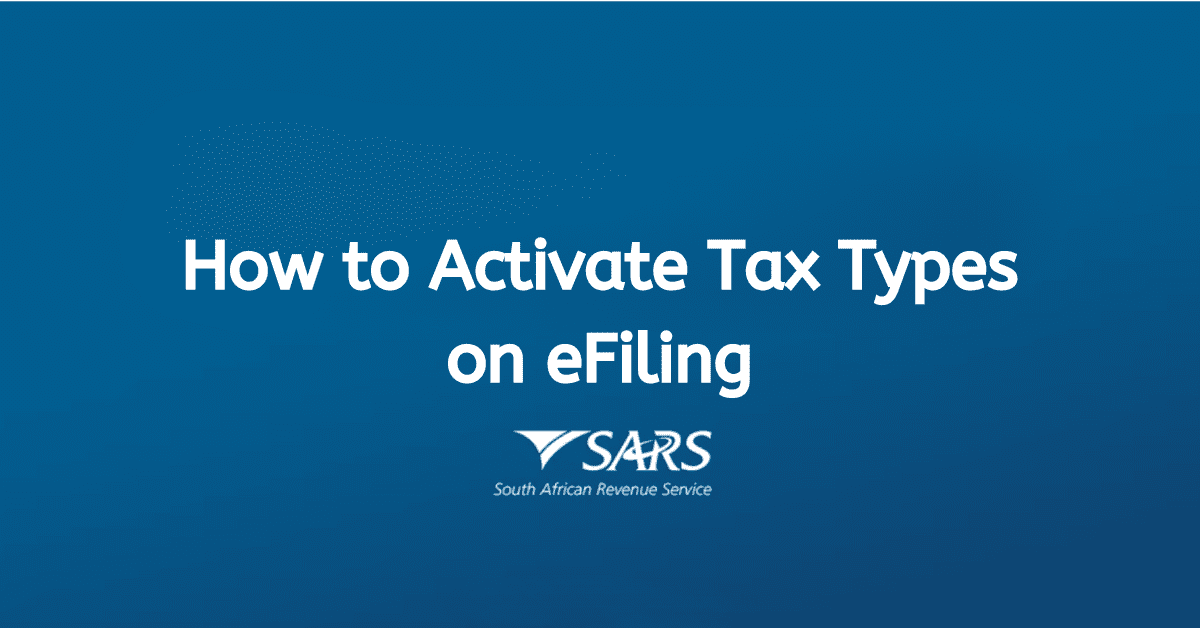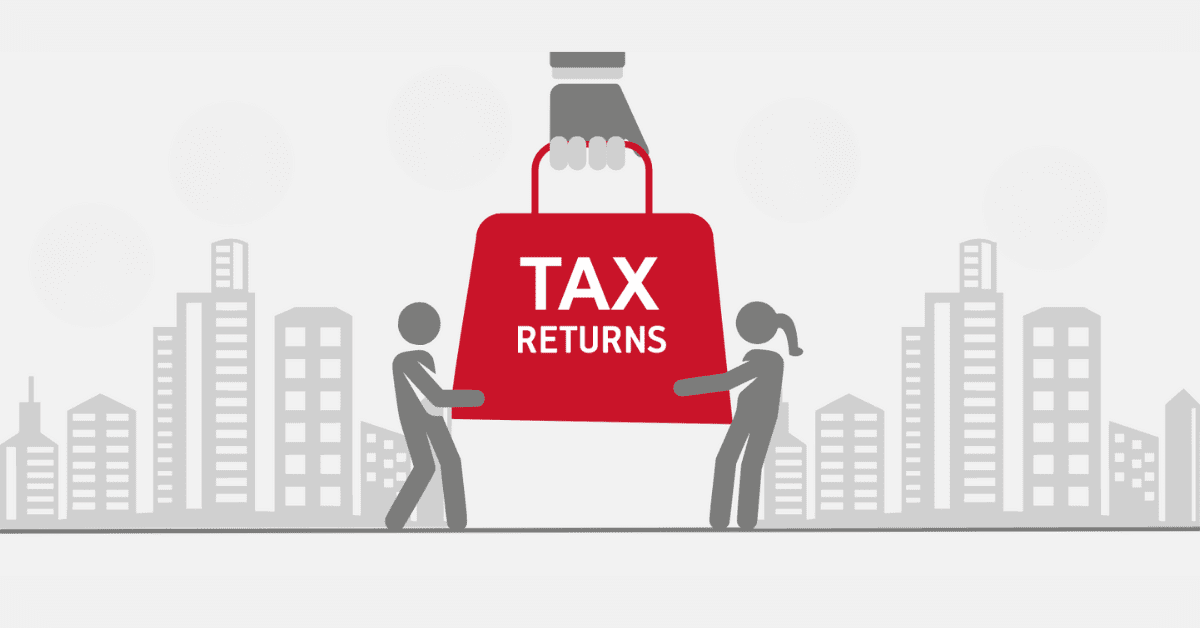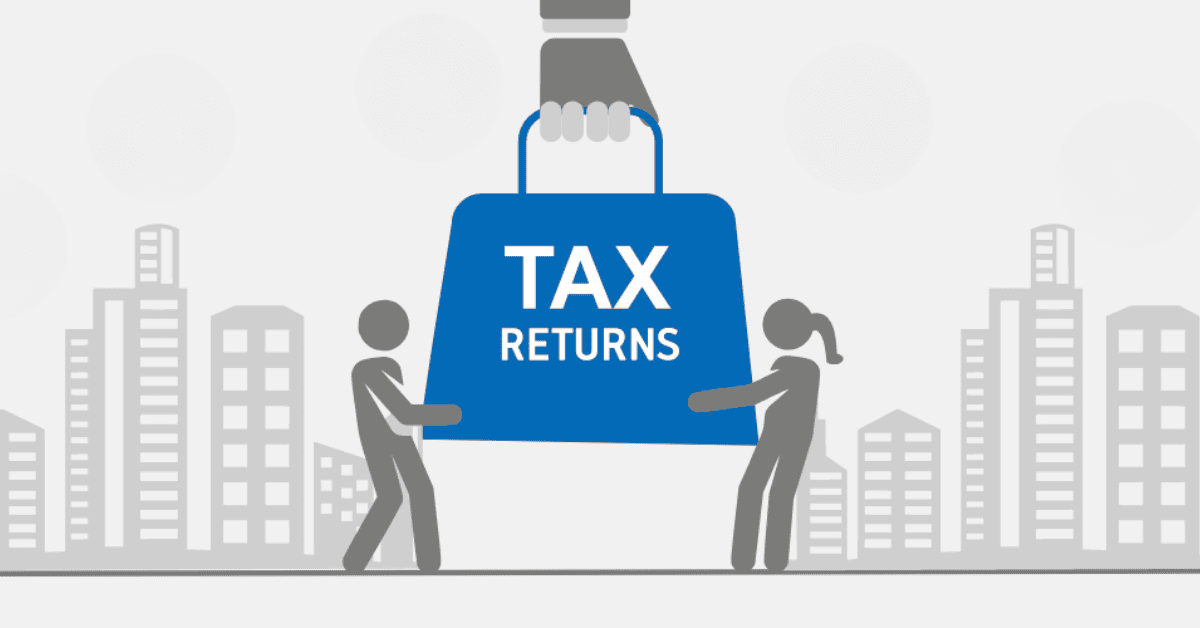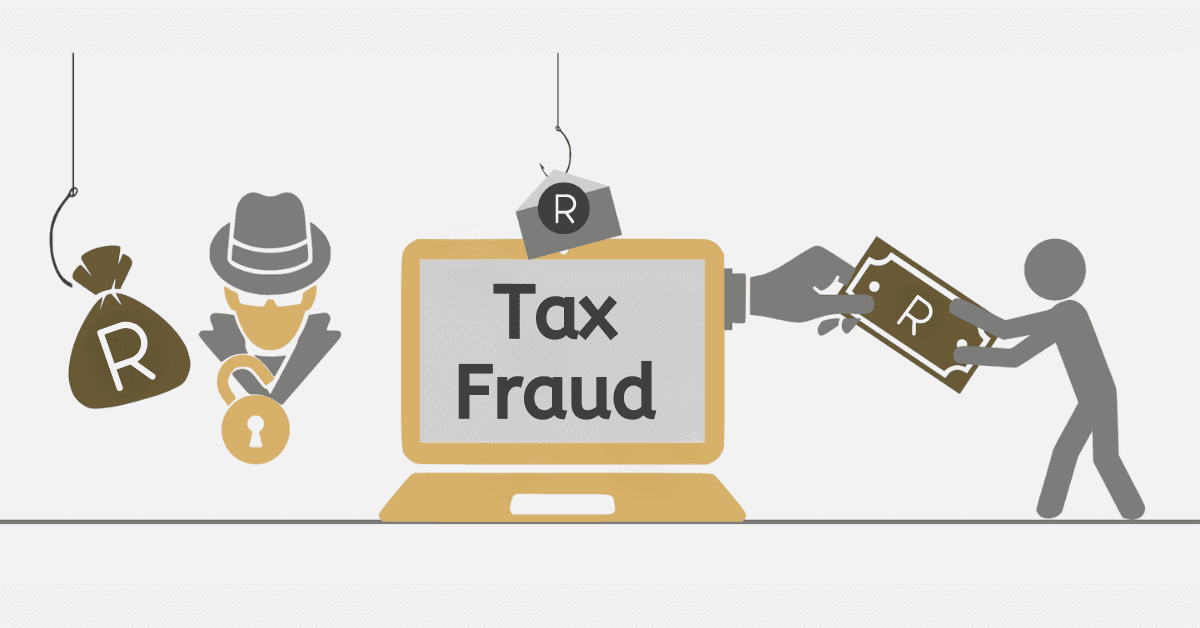Tax in South Africa is structured on a progressive scale. This means that those with the lowest income pay the lowest tax rates, and this gets progressively higher as you earn more. Additionally, your ‘tax bracket’ indicates the highest tax rate you pay, but it does not apply to all your income earned at a flat rate. Instead, high-earning taxpayers will pay the first ‘rung’ of taxes at the lowest rate and only pay higher rates on the amount of income that exceeds that limit. Lastly, to help relieve our lowest earning workers, there is something called the ‘tax threshold’, or the non-taxable income limit, below which you pay no tax at all. Today, we will look at that latter category in more detail.
What is the Non-Taxable Income Limit in South Africa?
Currently, the non-taxable income limit (or tax threshold) for people under 65 is R95,750 per annum, rising to R148,217 for people over 65 and R165,689 for people over 75.
What does this actually mean? Take a look at the published tax rates for the 2025 year of assessment (income earned between March 1st, 2025 and Feb 29th, 2025). You will notice that the first bracket is ‘from R1 to R237,100’ and that the tax rate is 18% of taxable income. This can easily give you the impression you pay tax on every rand you earn! However, look closer. A system of primary and secondary/tertiary ‘rebates’ is also offered. Any tax return where the tax owed on your taxable income is less than the rebate offered works out to R0 due in practicality.
The point where those figures intersect is called the ‘tax threshold’. This means that, despite that ‘R1 to R237,100’ statement, anyone earning ‘taxable income’ that is less than or equal to the tax threshold will effectively pay zero tax. The ‘tax’ due is offset by the rebate you receive.
Needless to say, the rebate is a fictional amount and best read as ‘up to’ the rebate amount. SARS will not give you the unused portion of the rebate as a freebie!
What is the Total Income Below the Taxable Limit?
Practically, if you earn R97,750 a year (per annum) from all income sources, you will not pay tax in the 2025 year of assessment (which covers income earned between March 2025 and February 2025). It is important to remember that that is all taxable income you receive, not just your salary. If you have a business, side gig, or receive rental income, that also contributes towards your taxable income total for the year.
What is the Minimum Salary to Pay Tax in South Africa (2025)?
The minimum salary that will attract tax in South Africa in the 2025 tax year is R7,980 monthly with 12 pay periods. A 13th check will lower that amount. This is because the current tax threshold is R95,750 per annum, which is a monthly payment of R7,979. You pay no tax if you are earning that (or less). You will pay tax once you earn over that amount, i.e., from R7,980 per month.
To reiterate, that doesn’t mean you will suddenly pay tax on the whole R7,980! You will still receive your R7,979 portion without tax. You will then pay tax on any amount over that threshold, not the whole cumulative amount. If you were earning exactly R7,980, you would only pay 18% of that last rand. Remember that the South African tax system is cumulative- you pay in the first tax bracket until you cross its limits. Then any additional amount over that first bracket is taxed at the new, higher rate, and so on. There isn’t a flat rate of income tax to pay.
What is the Lowest Non-Taxable Income?
The lowest non-taxable income amount you could have would be R1 in earnings. That probably wasn’t what you meant by that inquiry, however! In South Africa, in the 2025 tax year (which, remember, refers to income earned from March 2025 to February 2025), you can earn up to R95,750 over the whole year and not pay tax on that amount. This equates to R7,979 a month, where you have 12 pay periods. However, you will pay tax on any amount you earn over that threshold. You will still not pay tax on the first R95,750 in the year, however, no matter what your final tax bracket or earnings are.
How is Taxable Income Calculated in South Africa?
Taxable income is calculated using a progressive system in South Africa. This means higher income earners do not pay a flat 26% or 31% or wherever their total income falls as a tax bracket. Instead, they pay the lowest tax amount (18% currently) on income up to a threshold (currently R237,100 per annum). Only amounts over that threshold attract the new, higher tax amount.
Confused? Let’s look at an example. Here are the first three South African income tax brackets for the 2025 year:
| R1 – R237 100 | 18% of taxable income |
| R237 101 – R370 500 | 42 678 + 26% of taxable income above 237 100 |
| R370 501 – R512 800 | 77 362 + 31% of taxable income above 370 500 |
So if you earn R380,000 a year, you do not pay 31% of R380,000, which would be a massive R117,800! Instead, you will pay 18% tax on the first R237,100 (R42,678), 26% on the amount between R237,101- R370,500 (R34,684), and 31% only on the remaining amount, which in our example would be 31% of just R9,500 of your pay, or R2,945. This makes for a tax bill of R80,307 instead of R117,800. And we haven’t yet accounted for your rebates or the amount below the tax threshold! If you are under 65, your primary rebate is R17,235, so you can remove that amount from your tax due for a final bill of R63,072.
While calculating tax can seem complex, most of these calculations are done for you on your income tax return automatically. Understanding the non-taxable income limit, or tax threshold, is critical to ensuring you don’t overpay your tax due each year.
